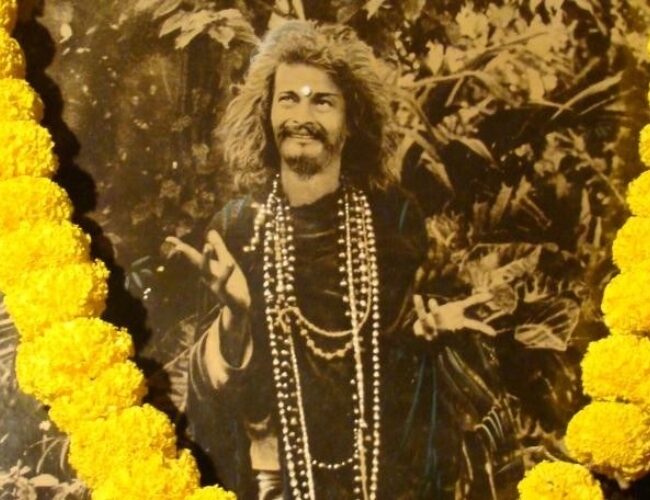The songs of the Bauls are composed by gurus and performed by itinerant folk musicians. They are transmitted among low-caste communities in India and Bangladesh, where they are recognised as intangible cultural heritage. The project aimed to locate the notebooks of important gurus to protect the corpora of songs.

The songs of the Bauls (literally "mad", intoxicated by divine love) are an encyclopaedia of beliefs and practices, discussing ideas on cosmogony, health, sexuality, meditation and everyday life. The songs of Nabani Das Khyepa ("the mad") and Bhaba Pagla ("the madman") portray the everyday life of low-caste practitioners, agriculturists, artisans and boatmen from a pre-industrial economy, reflecting sophisticated indigenous ideas on spiritual practice, health, longevity and sexuality. These songs are important prisms to understand not only the Baul tradition, but also broader issues on the literary and cultural history of Dalits (low castes), popular religious movements, and healing systems in South Asia.
Due to the heat and humidity characteristic of a tropical country, but also neglect by the owners, the collections risk being lost. With the fast advancing modernisation of society and the interruption of transmissions to the newer generations, even the most recent writings are endangered.
The project digitised 13 handwritten notebooks of Baul songs, along with letters, historical documents and photos. The project also located a number of collections of Baul songs in Kolkata. During the project, staff and students were trained on the tools, processes, ethics and practices of digital archiving.
